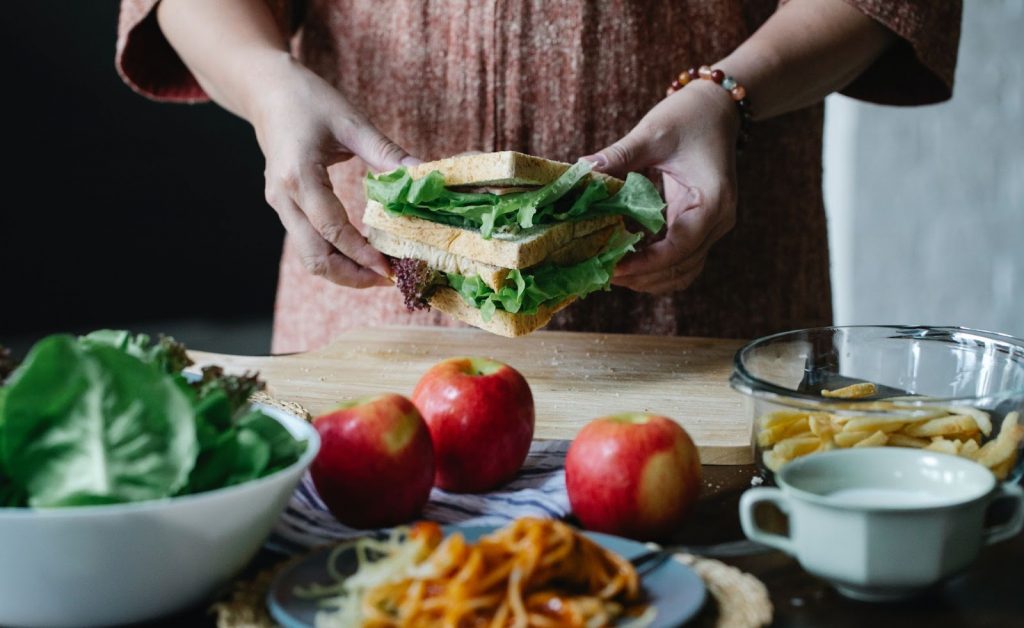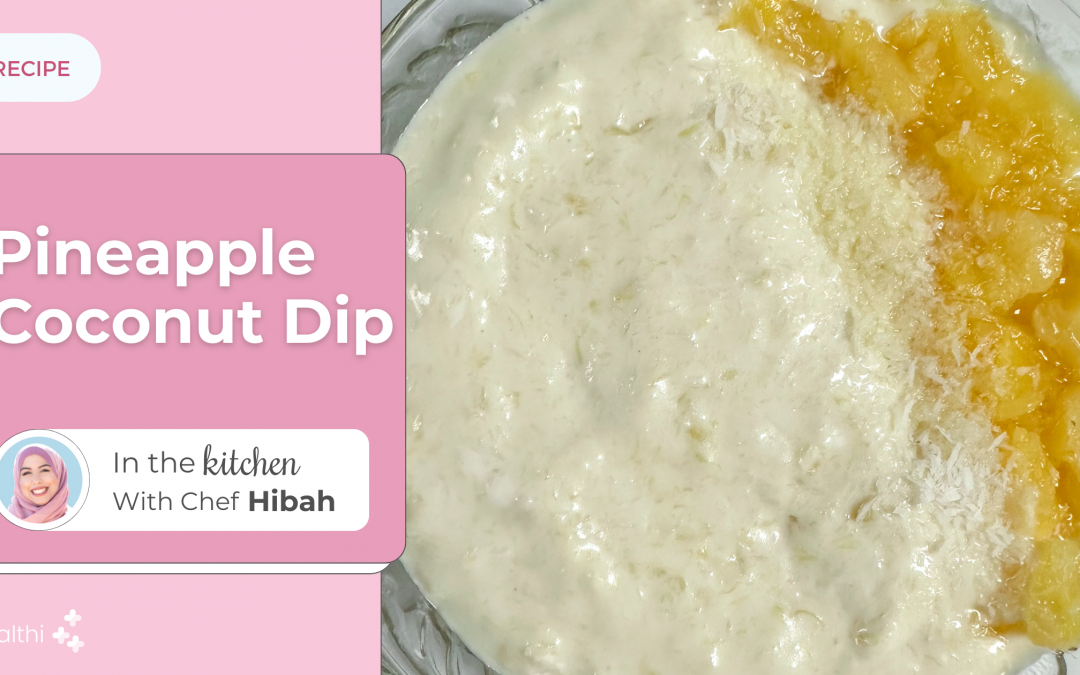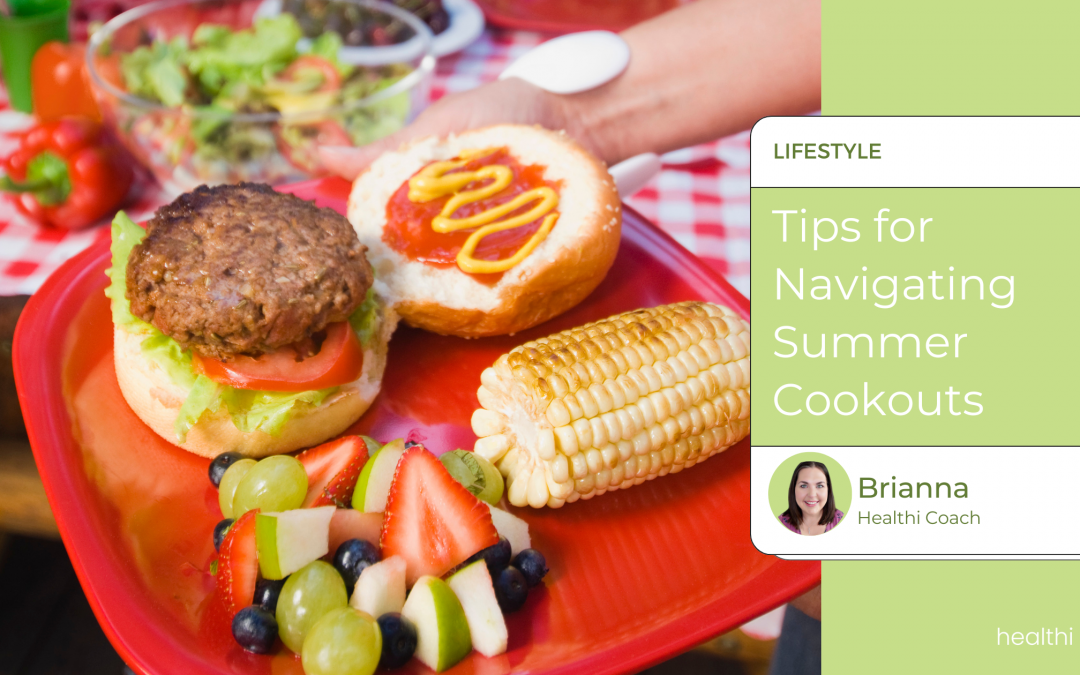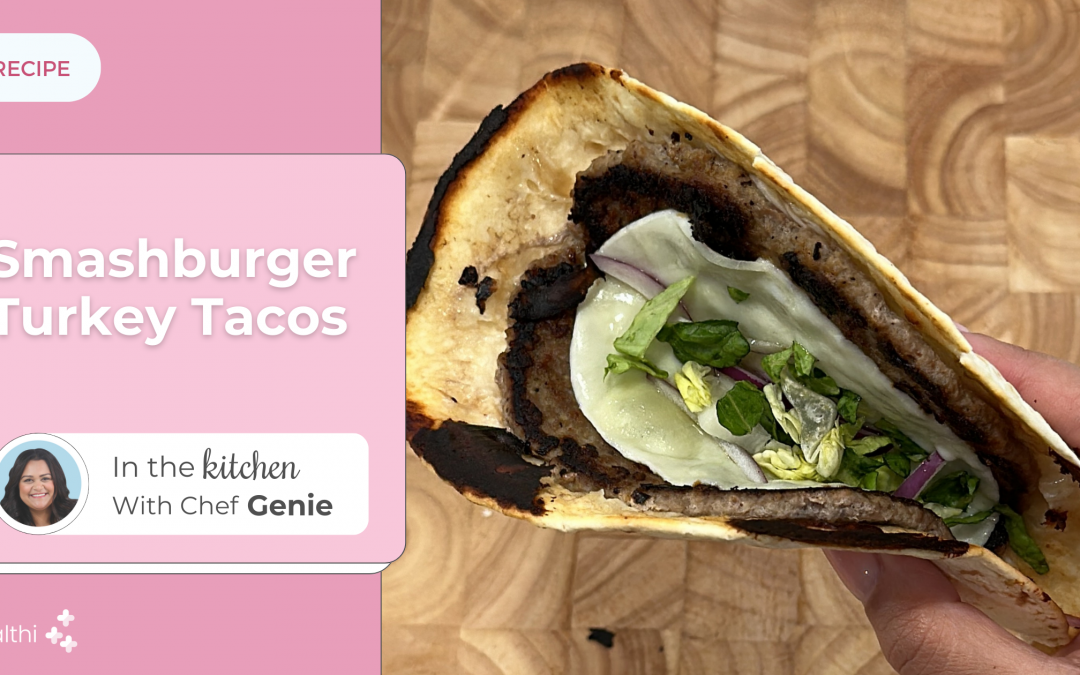Emotional Eating: How to Have a Healthy Relationship with Food
Food – it’s not just fuel for our bodies; it’s also a source of comfort, celebration, and connection. For those who are on the journey to weight loss, the relationship with food can be complex. One aspect of this complexity is emotional eating. This article will explore what emotional eating is, what triggers it, and, most importantly, how to cultivate a healthy relationship with food.
Overview:
- Introduction
- Emotional Eating Triggers
- How to Have a Healthy Relationship with Food
- Strategies To Stay on Track and Precautions
- Conclusion
Emotional Eating Triggers
Emotional eating is, in its essence, the act of consuming food as a response to emotions rather than hunger. It often happens during times of stress, sadness, boredom, or even happiness. Recognizing these triggers is the first step towards managing this behavior.
Stress is a powerful trigger for emotional eating. When stress hits, many of us turn to comfort foods, which are usually high in sugar and unhealthy fats. The temporary relief these foods provide can lead to an endless cycle. Moreover, boredom can lead to mindless snacking. When we’re not engaged in an activity, it’s easy to reach for snacks, even if we’re not truly hungry.
Food can sometimes fill the emotional void. The pleasure derived from eating can temporarily mask feelings of sadness or loneliness, leading to emotional eating as a coping mechanism. Yes, even positive emotions can lead to emotional eating. Celebratory meals or indulging in rich foods during happy occasions can become a habit that’s hard to break.

How to Have a Healthy Relationship with Food
Now that we understand emotional eating triggers, it’s essential to learn how to have a healthy relationship with food, especially when trying to lose weight. Practice mindfulness when you eat. Pay attention to what you’re eating, savor the flavors, and listen to your body’s hunger and fullness cues. This helps you distinguish between real hunger and emotional hunger.
Track what you eat and how you feel when you eat. This can help you identify patterns of emotional eating and the emotions that trigger it. The Healthi app functions as both a food journal and a progress tracker. It allows you to keep a record of your food intake, enabling you to identify areas that may need improvement. Simultaneously, it tracks your progress, highlighting your successes and providing encouragement along the way. Overall, the Healthi app is designed to support your health and well-being by offering a comprehensive suite of tools and a supportive community to keep you on the path to success.
Instead of turning to food when emotions strike, find healthier ways to cope. This could be through exercise, meditation, creative outlets, or talking to a friend. Share your weight loss journey with friends or join a support group. Having a network of people who understand your goals and can provide emotional support is invaluable. The Healthi app offers a vibrant community of individuals who share similar health goals, allowing you to connect with like-minded people at various stages of their own journeys. Through this community, you can find support, empathy, and valuable tips and tricks to stay motivated and on track.

Strategies To Stay on Track and Precautions
Plan your meals and snacks in advance. Having healthy options readily available reduces the temptation of unhealthy choices when emotions kick in. If certain foods are your emotional triggers, it’s best not to keep them at home. Make it a little less convenient to indulge in them. If emotional eating is a persistent problem, consider consulting a therapist or counselor who specializes in eating disorders or emotional issues.
It’s important to note that the path to a healthy relationship with food is not linear. You may have setbacks, and that’s okay. What’s crucial is your commitment to understanding and managing emotional eating.
Conclusion
In the quest for weight loss, having a healthy relationship with food is just as important as the foods you eat. Emotional eating is a common challenge, but with awareness and the right strategies, it’s a challenge that can be overcome. Remember, you’re not alone on this journey, and there is support available. By nurturing a healthier relationship with food, you can nourish your body, mind, and spirit on your path to better health.




















